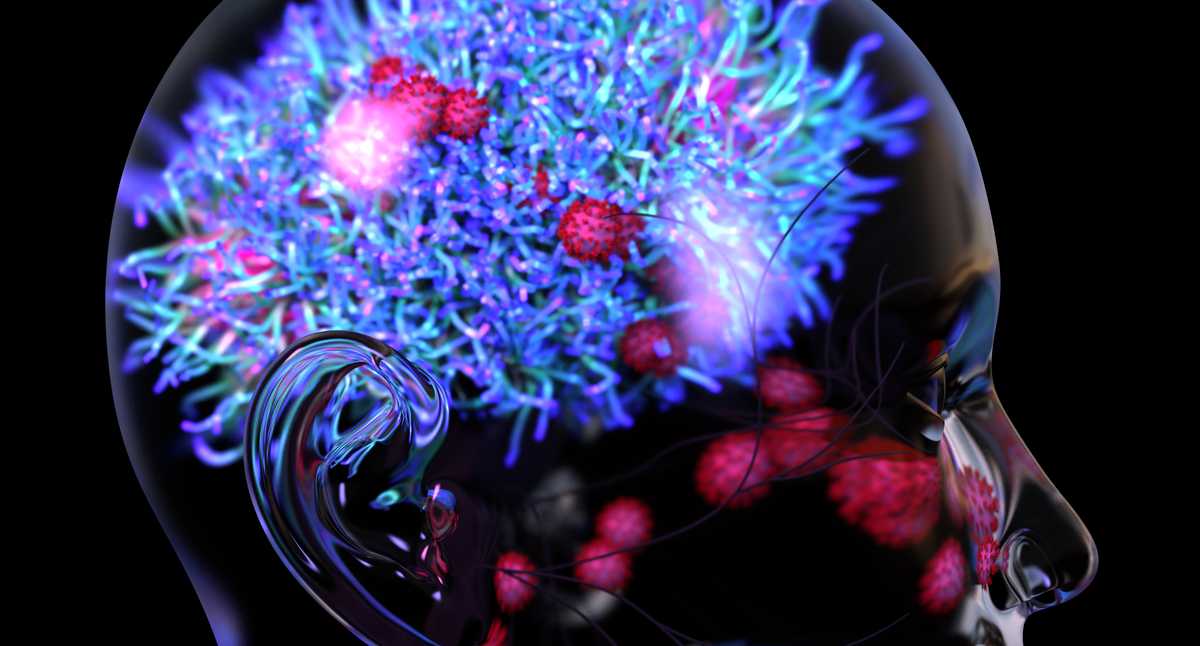Food, how does it affect brain health?

According to the World Health Organization, a balanced diet is important for the overall well-being of the human body.
Lisa Mosconi, director of the Weill Cornell Women’s Mind Initiative and author of Brain Food: The Surprising Science of Eating for Cognitive Power said, National Geographic The relationship between a balanced diet and brain health. From a neuroscientist’s point of view, Food is important to brain health, because brains literally run on nutrients.”It is to explain.
Experts have found several nutrients essential to maintaining brain health: protein, zinc, iron, folic acid, vitamin A, vitamin B6, vitamin B12, and omega-3 fatty acids.
Brain health diet
The media The The New York Times Points out some options for healthy eating and brain care. It should be noted that it is extremely important to consult a doctor and a nutritionist to receive appropriate professional care, taking into account the individual needs and health status of each person.
green leafy vegetables
According to Drew Ramsay, MD, a psychiatrist and assistant clinical professor at Columbia University’s Vagelos College of Physicians and Surgeons in New York, in an interview with The The New York Times , Leafy greens are the foundation of a healthy brain-care diet. It is recommended to add a serving of seaweed once a week.
Fruits and vegetables
The more color a plate of food, the better for the brain. Adding a variety of colors to your plate is like eating a rainbow. Dark green leafy vegetables, oranges, and tomatoes — even fresh herbs — are packed with vitamins, fiber, and minerals. The Centers for Disease Control and Prevention says:
The ideal is to add different fruits and vegetables in the daily diet. The New York Times Highlights: Several studies suggest that components of brightly colored fruits and vegetables (red peppers, eggplant) may have an effect on inflammation, memory, and mood.
Seafood
Omega-3 fatty acids are important for brain health. It can be found in sardines, oysters, mussels, wild salmon and cod.
Nuts, beans and seeds
According to Ramsey, the ideal is to eat between 1/2 to 1 cup of these types of foods per day. Nuts and seeds can be added to any dish or salad. They are a pleasantly flavored ingredient that accompanies meals.
Herbs and spices
The use of herbs and spices is very common when preparing meals. In addition to making dishes taste better, some research shows they can better help balance your gut microbiome, reduce inflammation, and improve memory. The New York Times. Other spices that may provide benefits for brain health include cinnamon, rosemary, sage, saffron, and ginger.
the gate Better with health It refers to some of the essential nutrients to keep the brain in shape:
protein
They supply the brain with amino acids for the synthesis of neurotransmitters. they are in:
- Dairy products.
- egg.
- fish and shellfish;
- meat.
- soy
Antioxidants
Antioxidants help prevent free radical damage and prevent disease, according to the US National Library of Medicine Medline Plus. It can be found at:
- blackberries.
- Broccoli.
- Carrots.
- blueberry
- Grenade.
- citrus fruits.
- garlic.
- tomatoes.
- Grape.
- Whole wheat cereal.




